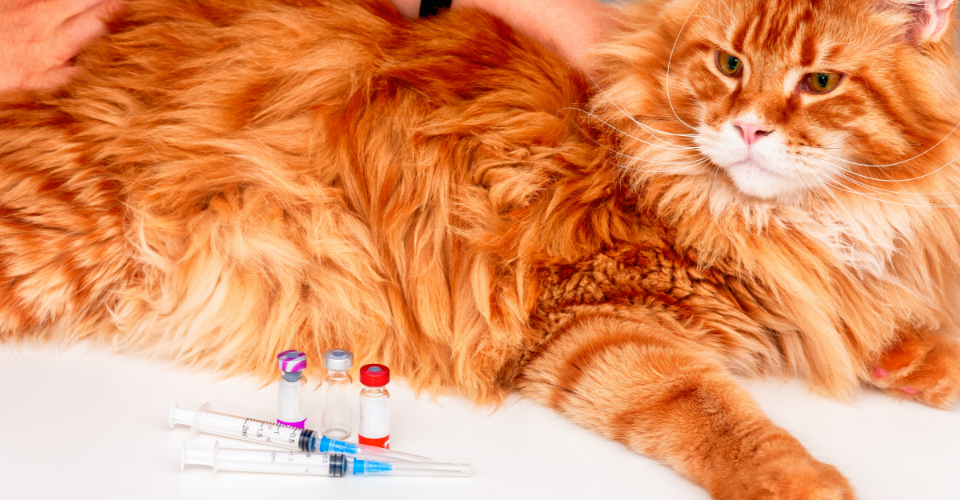Just like humans, pets can develop diabetes too. It’s a growing concern for cats and dogs, especially as they age. With the proper knowledge and management tools, you can help your furry friend live a long, happy life despite the diagnosis. Here’s everything you need to know about spotting the signs, managing the condition and how dotsure.co.za can support you along the way.
Spotting the Signs and Symptoms of Pet Diabetes
Detecting diabetes early is critical to giving your pet the best care. Keep an eye out for these common signs of diabetes mellitus in dogs and cats:
- Increased thirst
- Frequent urination
- Weight loss despite a healthy appetite
- Lethargy or reduced activity
- Changes in mood
- Cloudy eyes (cataracts) in dogs or weak back legs in cats
If you notice any of these symptoms, contact your vet. MSD Animal Health, a trusted name in pet care, offers resources to help you track these signs and manage diabetes effectively through their Pet Diabetes Tracker app. You can download it here.
Managing Diabetes in Dogs and Cats
Managing pet diabetes requires a consistent routine of proper nutrition, exercise and medical care. While it may sound overwhelming initially, staying on top of your pet’s health becomes easier with the right tools.
-
Healthy Diet and Nutrition
- Diabetic dog food: A specialised diet plays a massive role in regulating your pet’s blood sugar levels. Ensure that you’re using the best food for diabetic dogs, such as low-carb, low-glycaemic dog food, to prevent glucose spikes.
- Diabetic treats: Keep their snacks healthy by choosing diabetic dog biscuits or low-carb treats.
-
Monitoring and Medical Care
- Insulin treatment: Most diabetic pets need daily insulin.
- Glucose monitoring: Consider a glucose monitor for dogs to keep blood sugar levels in check.
- Vet check-ups: Regular visits help prevent complications, such as chronic kidney disease or diarrhoea in dogs.
- Exercise: Consistent physical activity helps maintain a healthy weight and regulates insulin levels.
MSD Animal Health makes the only veterinary insulin for pets. Chat with your veterinarian to ensure that your pet gets the proper care.
How Pet Insurance Can Help Manage Pet Diabetes
Caring for a diabetic pet can become expensive with the need for insulin, monitoring tools and prescription food. This is where pet insurance steps in to ease the burden so that you can focus on your animal. Check out our variety of plans and choose the right cover for your furry family members. Get cover now.


